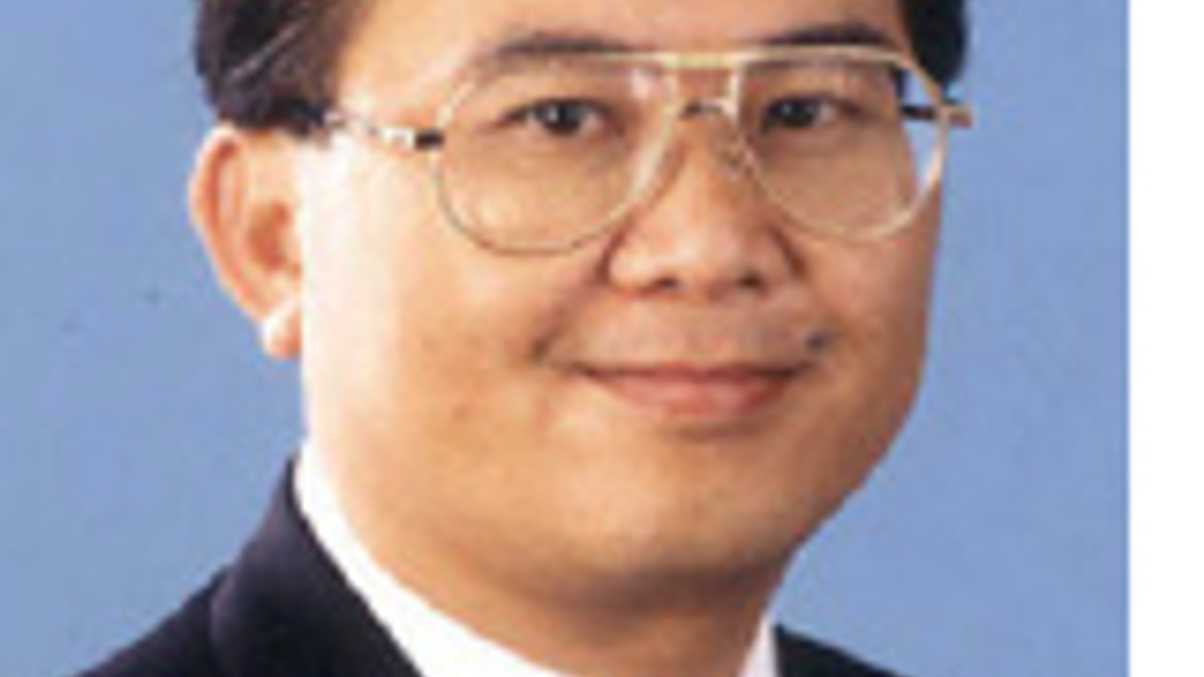HKMA to industry: More dim sum, m’goi!
Peter Pang, deputy CEO at the Hong Kong Monetary Authority, urges the local fund management industry to ramp up its involvement in offshore renminbi products.

Peter Pang, deputy chief executive at the Hong Kong Monetary Authority, says the government is keen to see the investments industry do more to support the expansion of offshore renminbi investment products.
Sign in to read on!
Registered users get 2 free articles in 30 days.
Subscribers have full unlimited access to AsianInvestor
Not signed up? New users get 2 free articles per month, plus a 7-day unlimited free trial.
¬ Haymarket Media Limited. All rights reserved.


